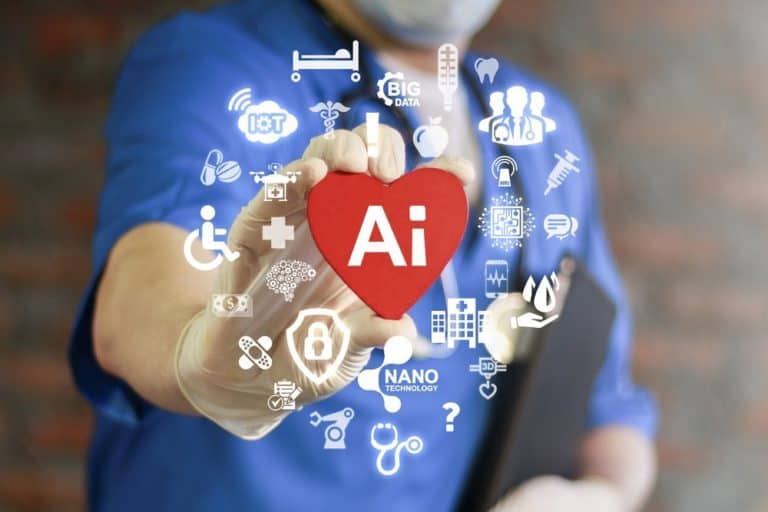The Dutch-based UMCG hospital is now answering questions from patients with the help of AI. However, it’s still only medical professionals who are actually doing the talking: the AI application is mainly intended to reduce the administrative pressure on healthcare workers.
The UMCG cooperated with fellow Dutch hospital ETZ in a trial run by software company Epic, which specializes in electronic health records (EHRs). The AI solution receives a question from a patient as its input and creates a draft of an answer that medical staff can supplement and modify as needed. Incidentally, the UMCG says the chatbot does not process the questions asked to arrive at better answers. “During the trial period, the way the system answers patients’ questions was refined,” says Janneke Kruse, spokesperson for the Groningen hospital. “It is not a self-learning system; the chatbot does not learn from our patient data. The chatbot is integrated into the EHR, so patient data remains secure within the system. The vendor can’t access it either.”
CMIO of the UMCG and ENT physician Tom van der Laan is extremely optimistic about the application, but emphasizes that people remain the focal point of medicine throughout. “It is wonderful to see what artificial intelligence is capable of. But healthcare remains human work: there is always a doctor or nurse who checks the answer before we send it out. Artificial intelligence can support the work and make it easier, but healthcare professionals are irreplaceable in healthcare for now.”
Multiple tasks
Medical data is very sensitive and subject to strict privacy regulations. For this reason, the deployment of AI on this data is relatively limited. Nevertheless, earlier this year we heard from director of IT at Appo Groep Jeroen Donkers that healthcare employees can still have a lot to gain from the technology in other areas. For example, Freshworks’ Freddy AI functions can be used for administrative and logistical data from digital pharmacies.
The UMCG is taking this a step further by seeking AI help in specialist areas as well. The Groningen hospital would be the first in Europe to use such a chatbot application. However, it does note that several examples of successful implementations can already be found in the United States. “The experiences there are very positive,” Van der Laan said. “You might think that such a system makes contact with the caregiver more impersonal, but nothing could be further from the truth. Because the caregivers now answer questions between other tasks, they’re often forced to do so somewhat briefly. Artificial intelligence not only appears to provide more informative and comprehensive answers, but AI also does so more empathetically. We expect to have the same positive experience in the Netherlands.”
The time savings thanks to AI would eventually be significant for all kinds of healthcare providers, Van der Laan believes. “The applications are endless.”
